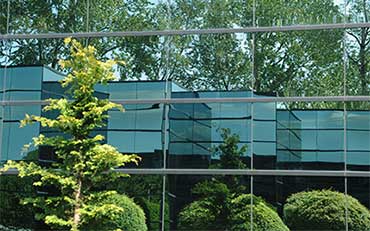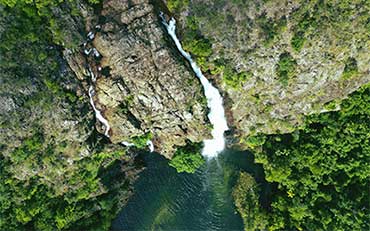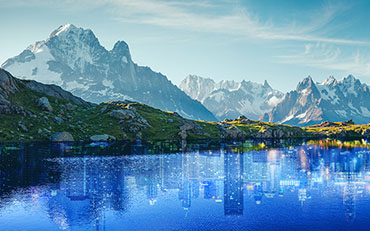ESRS E2 – Impact, risk and opportunity management
Description of material impacts, risks and opportunities
Interzero operates multiple facilities for sorting recyclables and for the production of plastic recyclates. Despite comprehensive precautionary measures being taken, there is the risk that these processes may release emissions into the environment. The topics of soil pollution and microplastics have therefore been classified as material for Interzero. No violations have been identified in either area to date. Corresponding financial risks – such as potential compliance costs – are currently considered immaterial.
Interzero Group operates sites at which impacts may occur that are considered material because of soil pollution and the creation of microplastics at the following locations: Walldürn, Braunschweig, Leipzig, Berlin, Marl, Eisenhüttenstadt, Aschersleben, Aukrug, Duisburg, Liebenau, Barsinghausen, Sarstedt, Oberhausen and Dekani (Slovenia).
These sites carry out the following business activities:
- Sorting of secondary raw materials
- Handling of secondary raw materials
- Recycling of secondary raw materials
- Transportation of secondary raw materials
As part of these activities, the following types of pollution may be caused:
- Pollution of soil:
- Foil/film swept away by wind or lost in transit
- Dust swept up by wind or emitted in transit
- Microplastics:
- Microplastics from tyre abrasion
- Microplastics from production processes
As a supplement to the overview provided in ESRS 2 SBM-3, the table below presents the material IROs in the Pollution category that Interzero has identified in the course of its DMA.






